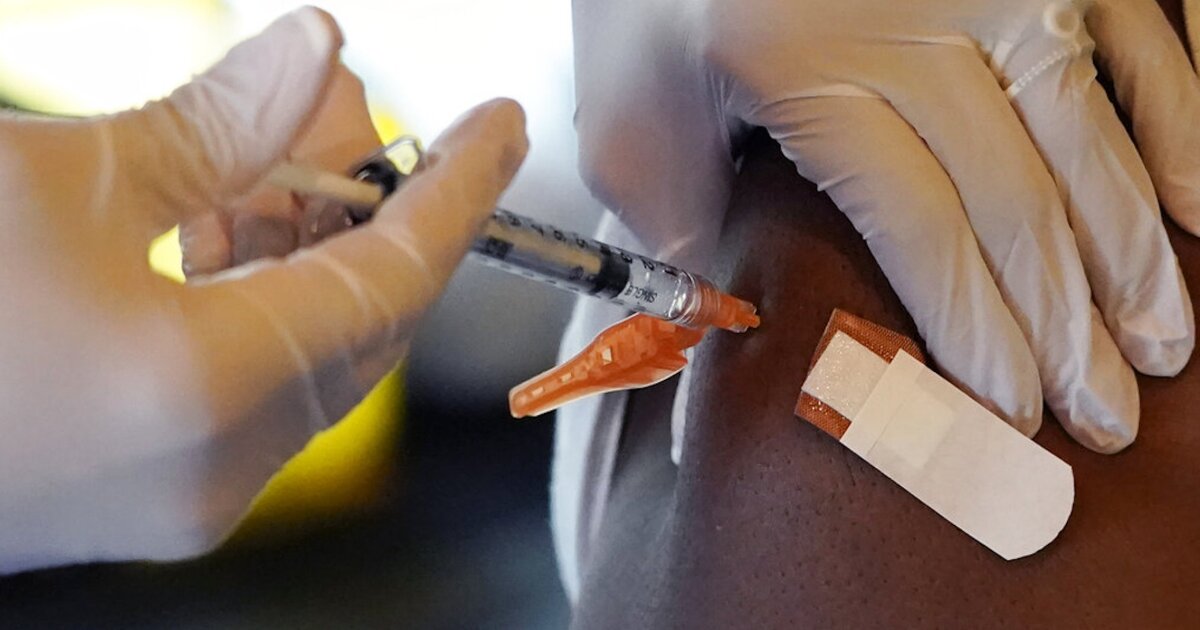

The new year is likely to bring new changes to the healthcare landscape as Republicans take back the House of Representatives and with the Supreme Court leaving abortion laws in the hands of states.
Here are four trends to watch out for in the health realm in 2023:
DEMOCRATS MOVE TO CODIFY ACCESS TO IVF POST-ROE
Abortion laws: Abortion laws are likely to remain under the microscope in 2023 after the Supreme Court overturned Roe v. Wade this past June, finding that there is no constitutional right to an abortion. Since then, over a dozen states have adopted restrictive abortion laws, while others have taken steps to protect access to the procedure. Some state abortion laws still remain held up in the courts and await judgments in the new year. Abortion rights fared well in ballot measures in California, Michigan, Vermont, and Kentucky this past November, helping Democrats stave off a red wave.
State lawmakers in Republican-led states, including Florida and Nebraska, have already expressed interest in considering new abortion legislation in the next legislative session. Meanwhile, some abortion rights groups are considering avenues to protect access to abortion. In Ohio, American Civil Liberties Union of Ohio, Abortion Fund Ohio, and other groups have formed an exploration committee to place a measure on the ballot as early as next year that would enshrine “reproductive freedom for all.”
There are several outstanding lawsuits that could also affect the abortion landscape in the new year. Anti-abortion groups filed a federal lawsuit in 2022 against the Food and Drug Administration and the Department of Health and Human Services to reverse the FDA’s approval of mifepristone, an abortion-inducing drug.
COVID-19 origin investigations: GOP leaders in the House have indicated that they intend to ramp up investigations into the origins of the COVID-19 pandemic at the helm of key oversight committees as they gear up to take back control in January.
Rep. Cathy McMorris Rodgers (R-WA), the Republican leader on the Energy and Commerce Committee, Rep. Morgan Griffith (R-VA), and others have already requested that the National Institutes of Health preserve records relating to the pandemic’s origins, particularly surrounding a theory that the coronavirus originated from the Wuhan Institute of Virology in China.
House Intelligence Committee member Rep. Brad Wenstrup (R-OH) also pledged further investigations into the matter next year after a recent House report from GOP leaders alleged that the virus may have accidentally leaked to the public after being created by Chinese scientists.
Medicaid expansion: A few of the remaining states that have not expanded Medicaid could take another run at it in the new year. Lawmakers in North Carolina, Wyoming, Kansas, and Alabama could resume discussions over expanding eligibility for the state and federal program that assists with healthcare costs for some people with limited income. Several Republican lawmakers in the states have signaled there might be a path for expansion, as some have had a change of heart on the issue.
South Dakota most recently voted for Medicaid expansion in 2022 through a citizen-led ballot initiative.
COVID-19 public health emergency: As the pandemic stretches into its third year, the Biden administration has signaled that it will begin to transition the pandemic response into the hands of the private sector. The COVID-19 public health emergency, which has been in effect since 2020, is set to expire in January but is expected to be renewed through at least April 2023.
Discussions have been ongoing for months between the Biden administration and drugmakers, pharmacies, and other stakeholders on how to get the commercialization process started. Dawn O’Connell, the assistant secretary for preparedness and response, said in August that without additional funding, the administration expected to run out of money to purchase or distribute vaccines as early as January 2023.
CLICK HERE TO READ MORE FROM THE WASHINGTON EXAMINER
The emergency declaration has kept COVID-19 tests, vaccines, and treatments free to the public throughout the pandemic. As the transition process draws closer, the Biden administration and stakeholders are expected to determine how new vaccines and therapeutics will be developed and offered to the public.







